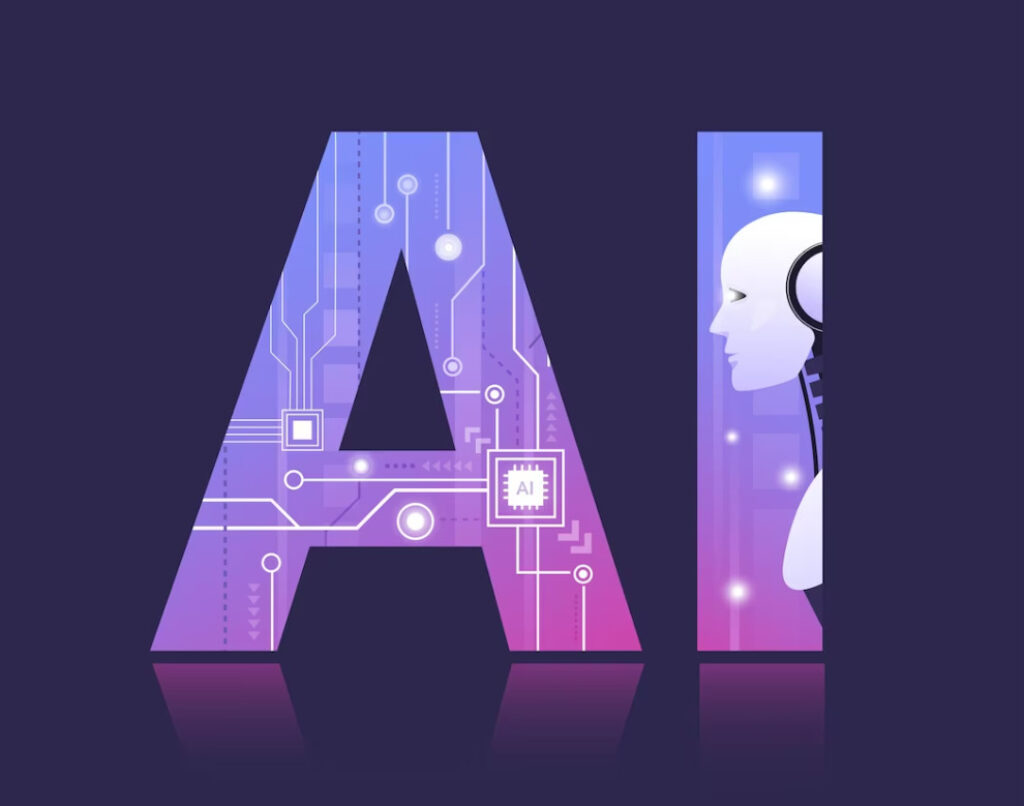In recent years, artificial intelligence (AI) has emerged as a transformative force in various industries, and the field of finance is no exception. With its ability to process vast amounts of data, identify patterns, and make intelligent predictions, AI is revolutionizing the way financial institutions operate. In this article, we will explore the impact of AI in finance and how it is reshaping the future of the financial industry.
1. Introduction to AI in Finance

AI encompasses a range of technologies that enable machines to simulate human intelligence and perform tasks that traditionally require human intervention. In finance, AI is employed to automate processes, enhance decision-making, detect fraud, and improve customer experiences. By leveraging AI algorithms, financial institutions can gain valuable insights, improve efficiency, and deliver personalized services to their clients.
2. AI Applications in Financial Institutions

a. Risk Assessment and Fraud Detection
AI algorithms have the capability to analyze vast amounts of historical and real-time data to identify patterns and anomalies that may indicate fraudulent activities. Financial institutions can utilize AI-powered systems to detect suspicious transactions, assess credit risk, and prevent potential fraud attempts, thus safeguarding their operations and customers’ assets.
b. Trading and Investment Decisions
AI-based trading systems employ complex algorithms to analyze market trends, news, and historical data, enabling financial professionals to make data-driven investment decisions. These systems can quickly process vast amounts of information, identify patterns, and execute trades with minimal human intervention, leading to more efficient and accurate trading strategies.
c. Customer Service and Personalization
With AI, financial institutions can enhance customer service by providing personalized recommendations, addressing queries, and resolving issues in real-time. Chatbots and virtual assistants powered by AI can understand customer preferences, analyze their financial data, and offer tailored advice, leading to a more seamless and personalized banking experience.
d. Risk Management and Compliance
AI technologies enable financial institutions to automate compliance processes and ensure adherence to regulatory requirements. By analyzing vast amounts of data, AI systems can identify potential risks, monitor transactions for suspicious activities, and generate comprehensive reports, assisting in effective risk management and regulatory compliance.
3. Benefits and Challenges of AI in Finance

a. Benefits of AI in Finance
i. Enhanced Efficiency: AI-powered systems can automate repetitive tasks, leading to increased operational efficiency and reduced costs.
ii. Improved Decision-making: AI algorithms can analyze vast amounts of data and generate insights, enabling more informed and accurate decision-making.
iii. Enhanced Security: AI can detect fraudulent activities and strengthen cybersecurity measures, ensuring the safety of financial transactions and data.
iv. Personalized Services: AI enables financial institutions to deliver personalized experiences, tailored product recommendations, and proactive customer service.
b. Challenges of AI in Finance
i. Data Privacy and Security: The use of AI requires handling sensitive customer data, raising concerns regarding data privacy and security.
ii. Ethical Considerations: As AI becomes more prevalent in finance, ethical considerations arise, such as the transparency of AI algorithms and the potential impact on employment.
iii. Regulatory Compliance: Financial institutions must navigate regulatory frameworks to ensure AI applications comply with legal and ethical standards.
4. The Future of AI in Finance

The integration of AI in finance is set to continue transforming the industry. Advancements in machine learning, natural language processing, and predictive analytics will further enhance AI capabilities. Financial institutions will leverage AI to develop advanced risk assessment models, create personalized financial plans, and streamline operations. Moreover, collaborations between fintech startups and traditional financial institutions will drive innovation and accelerate the adoption of AI in the finance sector.
Conclusion
AI has undoubtedly revolutionized the financial industry, empowering financial institutions to leverage vast amounts of data, automate processes, and deliver personalized services. The benefits of AI in finance, including enhanced efficiency, improved decision-making, and enhanced security, are reshaping the future of the industry. However, challenges such as data privacy, ethics, and regulatory compliance must be addressed for AI to reach its full potential in finance. As we move forward, it is crucial for financial institutions to embrace AI responsibly and harness its power to drive positive change in the financial landscape.
In summary, AI in finance represents a paradigm shift, empowering financial institutions to stay competitive, provide superior customer experiences, and make data-driven decisions that shape the future of the industry. Embracing the potential of AI, the financial sector is poised for an exciting era of transformation and innovation.






